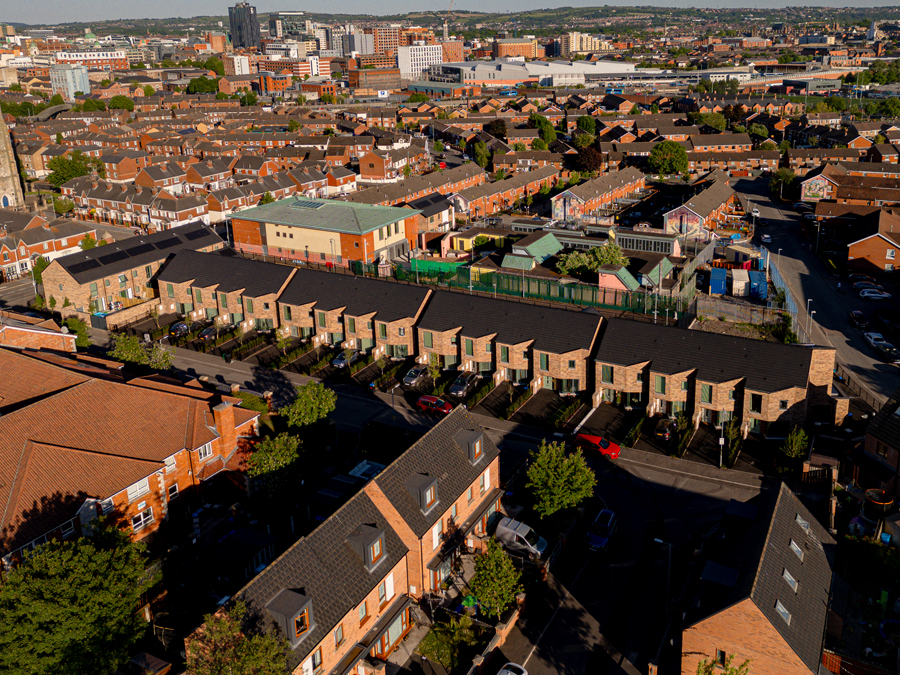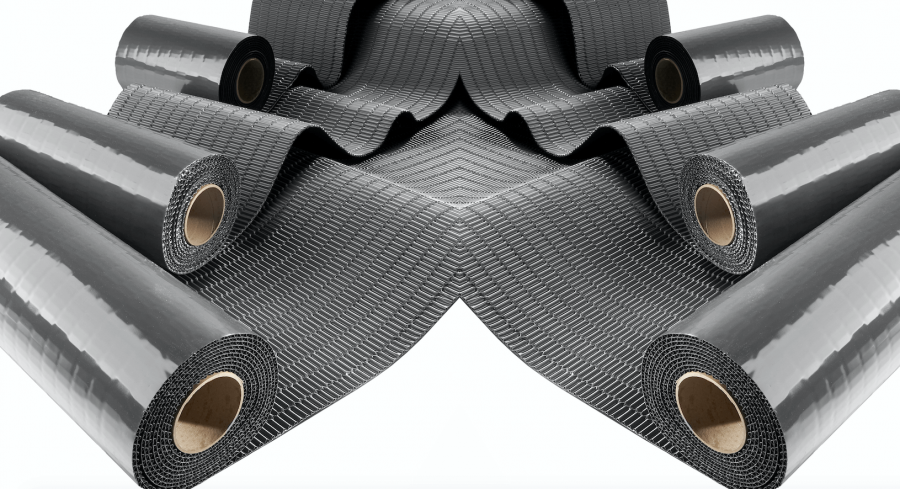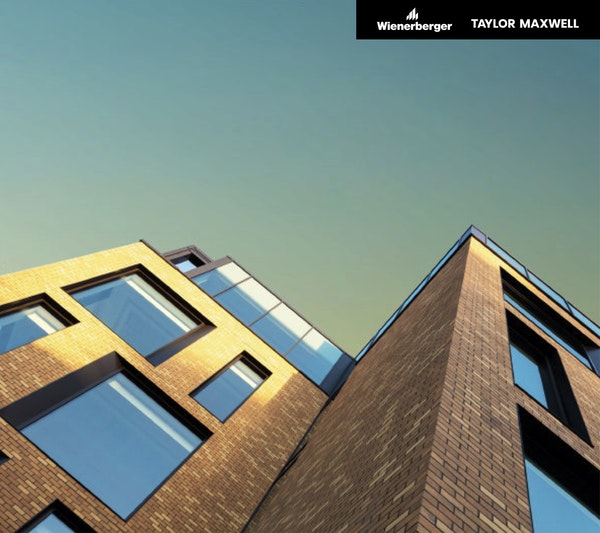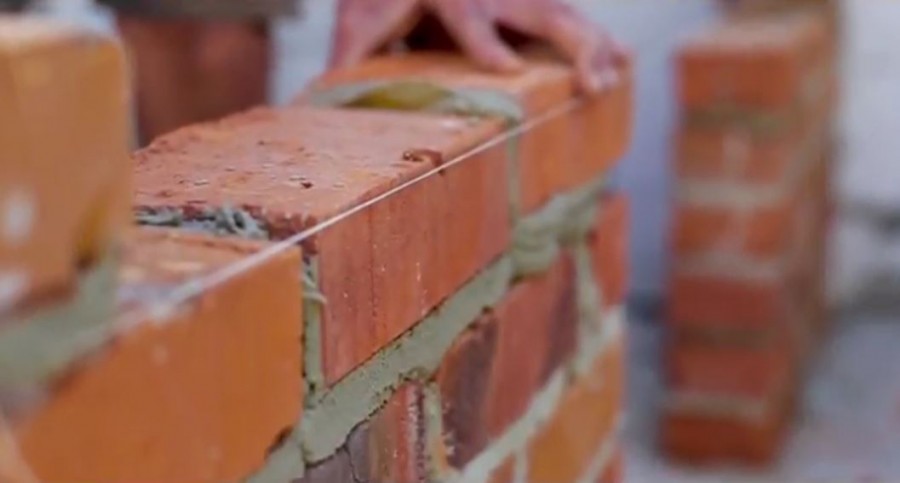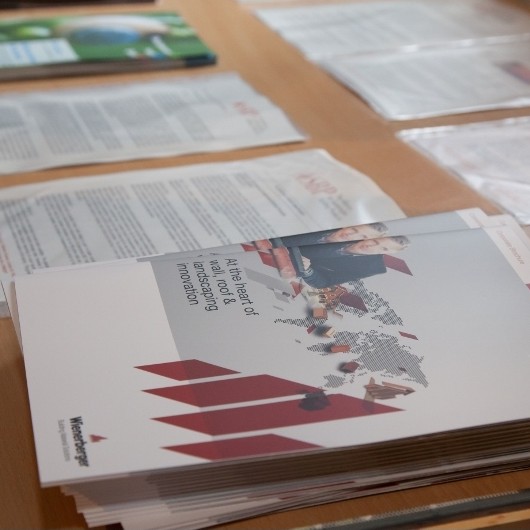
Wienerberger, the leading provider of wall, roof and landscaping innovations, was one of a number of leading industry names that contributed to the Alliance for Sustainable Building Product’s (ASBP) Future Footprints event last week.
Wienerberger’s Sustainability Director, John Sandford, was a speaker at the event, designed to address the fact that the construction sector is the most significant consumer of the world’s natural resources and that there is a need to get “more for less” to meet future construction needs.
John discussed the benefits of clay masonry as a natural material that offers both thermal performance and durability. He also touched upon the developing Resource Efficiency Action Plan in regards to clay re-use and recycling and looked at innovative solutions to improve the eco-efficiency of the material.
The event was held at the “Create Centre” in Bristol, a large brick built ex-tobacco warehouse built in 1913 that has now been successfully re-used as a meeting venue and a showcase for sustainable buildings. John commented: “This choice of venue demonstrated perfectly the long service life of clay building products and their capability for appropriate re use – one of the central characteristics of the resource efficiency credentials of clay products.
“The conference discussed resource efficiency and sustainability aspects of a wide range of building materials – including concrete, clay products, timber, structural steel and also more obviously “green” products such as wooden framed panels filled with compressed straw. The methodology of comparing the sustainability credentials of such a wide range of materials presents a huge challenge for designers interested in designing sustainable buildings. For clay products it is the long service life and low maintenance requirements, which are the main focus, although other products emphasise a low carbon footprint. Only by taking a view of the whole life of a building can any realistic assessment be made.
“In general, there was a recognition that all products have a role to play and that in the case of clay products the main focus must be on increasing the use of recycled raw materials, renewable energy and non mains water – exactly in line with the stated Wienerberger sustainability targets. The development of Environmental Product Declarations will increase the level of information available to customers in this area although there is still some way to go before a truly harmonised system of comparing different building materials can be finalised.
“This is a debate which will continue to run and it is essential that clay building products are fully engaged in the process in order to reinforce their role in sustainable construction. This is also being assisted by the current development of a Resource Efficiency Action Plan (REAP) for clay bricks in association with the UK Green Construction Board resource efficiency agenda.”









